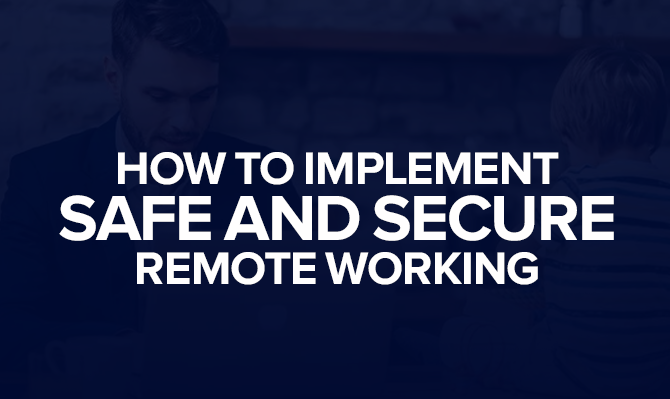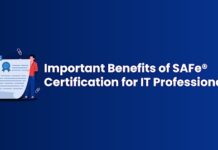The idea of working remotely was never been implemented on such a high scale before the Coronavirus crisis.
Everything has completely shut down. Countries have closed borders, flights, businesses, and companies asking workers to continue work from home. Indeed it’s a tough time, and to be safe should be a top priority for everyone.
People around the world are following core safety measures and it is the best thing to do right now. In this critical environment, work from home is an effective way to resume professional operations.
Bear in mind that, the home network is vulnerable than the office network therefore, you have to make sure that everything is running safely on your home network.
The fact is companies protect their devices and network with industry-standard encryption along with high-security tools.
On the other hand, the home network is less secure and there are more chances of a data breach or confidential data leak from the home network.
You will never want to compromise your work security from home therefore; I will try my best to list essential security practices to help you work safely from home.
Follow these practices and make your home network safe and secure from external cyber threats.
#1 Frequently update your system and software
If you’re working from home then don’t be too lazy to update the system. When you use an old version of the software, it has more vulnerability and hackers are always looking for ways to disrupt vulnerabilities.
An updated version of a system or software is already fixed and patched the vulnerabilities. There are no chances that cybercriminals can exploit an updated system. It is highly recommended to update your system and software when you’re working from home.
#2 Install Antivirus solution to protect computer
Companies always use powerful antivirus solutions to keep the system away from viruses and malware. These antivirus solutions also inform and stop users from installing malicious programs.
Similarly, organizations take full control over unauthorized access and therefore, if you have important documents on your system then it’s important to follow the same practices to protect sensitive data. It means that you shouldn’t access any unauthorized or unidentified source ever when you’re working from home.
You should use antivirus software on your computer to keep it safe from unseen malicious attacks. Also, it will help you to protect your necessary documents saved on your home computer.
#3 Change your password
It is also crucial to change your account password. Usually, at home, a password is very easy and trackable. Such passwords can easily be tracked by hackers, and they can access all your account information.
It is highly suggested to change your account password when you’re working from home. Also, try to compose a complex password with a combination of numbers and characters.
If you are using a router, then you also have to change the default router password otherwise, your router will be hacked and your system will be controlled by hackers. Go to your router settings to change and update your new password.
#4 Use a VPN to protect your network
If you don’t want your connection to expose to the greater risk, then a VPN should be your must-have tool.
A VPN uses robust encryption that hides your real IP address and data that is traveling over the web. In this way, no hacker can read or access your location or anything that is being transferred through your network.
European countries including the USA and German have hit hard by the Coronavirus, therefore, countries like the USA and German must search for the best VPN Germany and the USA to continue remote working safely.
#5 Enable WPA2 on your Wi-Fi Network
Enabling WPAS2 on your home Wi-Fi network will be an added security layer. It will encrypt your network and protect it from unauthorized third-party access. You can easily enable WPA2 from your router settings.
Work from home is bringing new threats to the data security and devices are getting more prone to cyber-attacks. It is also advised to use the best VPN router to protect other home devices while enabling WPAS on the Wi-Fi network.
#6 Backup your data
Backing up your work-related data always seems to be a wise option. There are various ways through which you can backup your data files at home. The first and the most popular way is to use cloud storage service otherwise, you can also save files in a separate USB.
In Conclusion
There you have it! These six are the most important security practices that you should follow to keep things in order while working remotely. All theses essential measures should be your first line of defense against data hacking. In case, if you ever lose your data after following these practices still you will have your data in the backup to continue working.








